Organizers
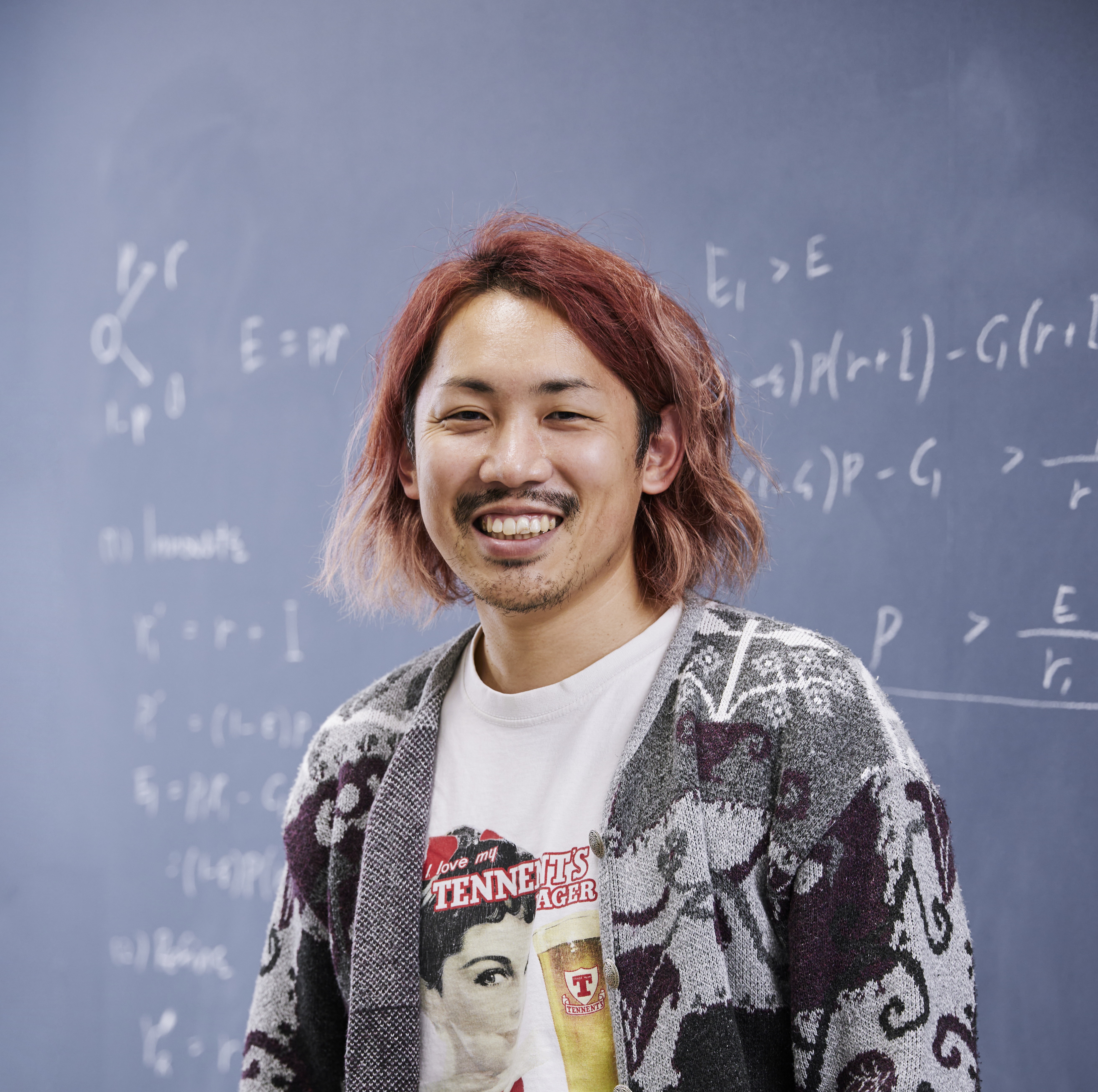
Wataru Toyokawa
wataru.toyokawa[at]riken[dot]jp
Dr Wataru Toyokawa is a Unit Leader at the Computational Group Dynamics (COGNAC) Unit at RIKEN Centre of Brain Science, Tokyo, and the project PI at the Centre for the Advanced Study of Collective Behaviour, University of Konstanz. Using computational modelling and Bayesian statistical methods, coupled with real-time online behavioural experimentation, he studies social behaviour, group dynamics, cultural evolution, as well as their eco-evolutionary implications in humans and non-human animal societies.
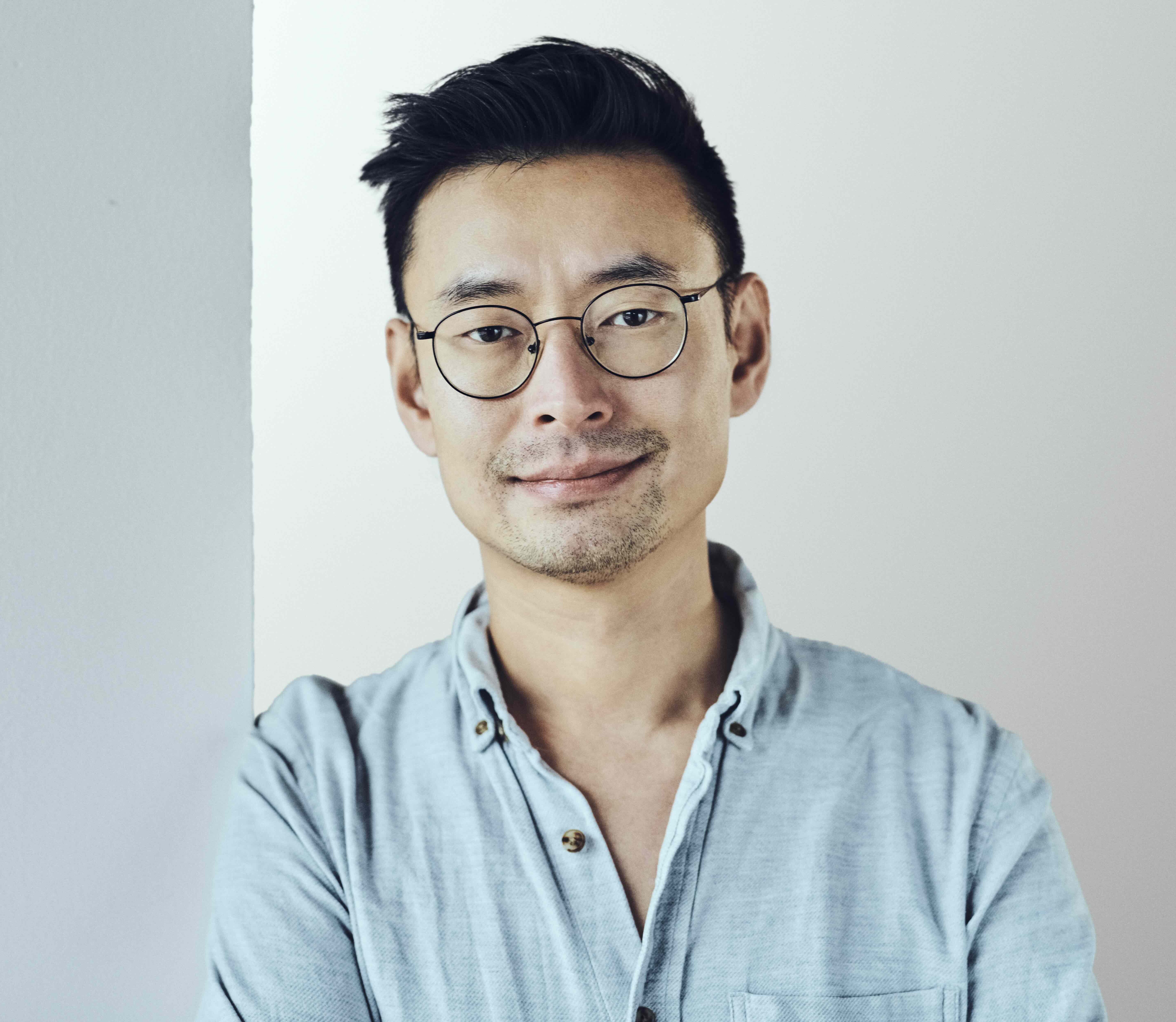
Charley Wu
charley.wu[at]uni-tuebingen[dot]de
Dr Charley Wu is the PI of the Human and Machine Cognition Lab at the University of Tübingen, and incoming Professor of Computational Cognitive Science at TU Darmstadt. Using a combination of statistical and machine learning models, his team seeks to understand the cognitive shortcuts that allow humans to learn efficiently and behave intelligently, both individually and in groups. Drawing on an extensive background in computational modeling of behavior, Charley will provide students with a gentle introduction to the fundamentals of computational modeling in social settings.
Keynote
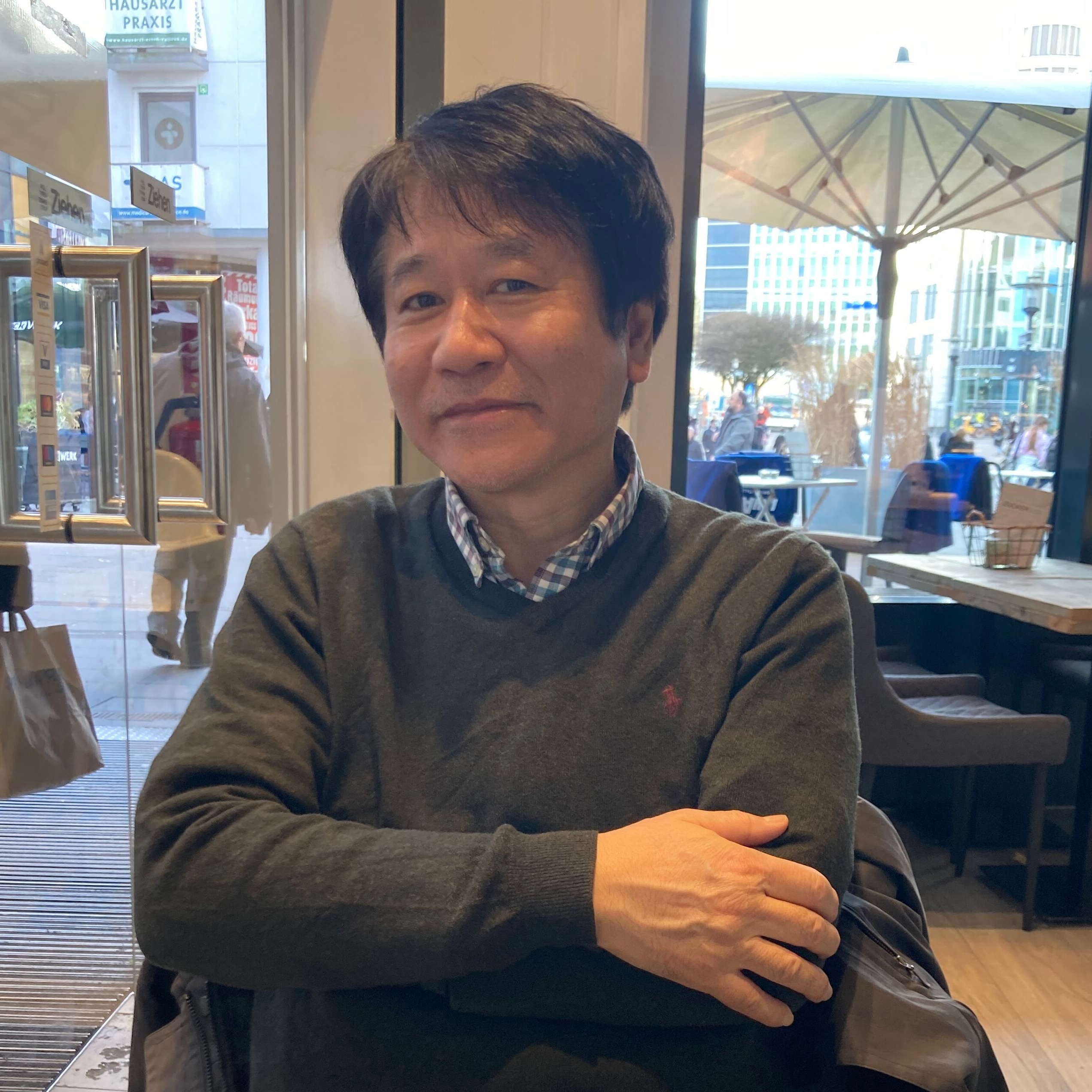
Tatsuya Kameda
tkameda[at]mi[dot]meijigakuin[dot]ac[dot]jp
Dr. Tatsuya Kameda is a psychologist and experimental social scientist specializing in human group behavior. His research integrates behavioral and neurocognitive experiments with computational modeling to explore social and group decision-making processes. Currently, his work focuses on the emergence of social norms in groups, their neurocognitive and ecological foundations, and the wisdom of crowds in collective decision-making. He is the Director of the Center for Interdisciplinary Informatics and a full professor in the Faculty of Mathematical Informatics at Meiji Gakuin University.
Instructors
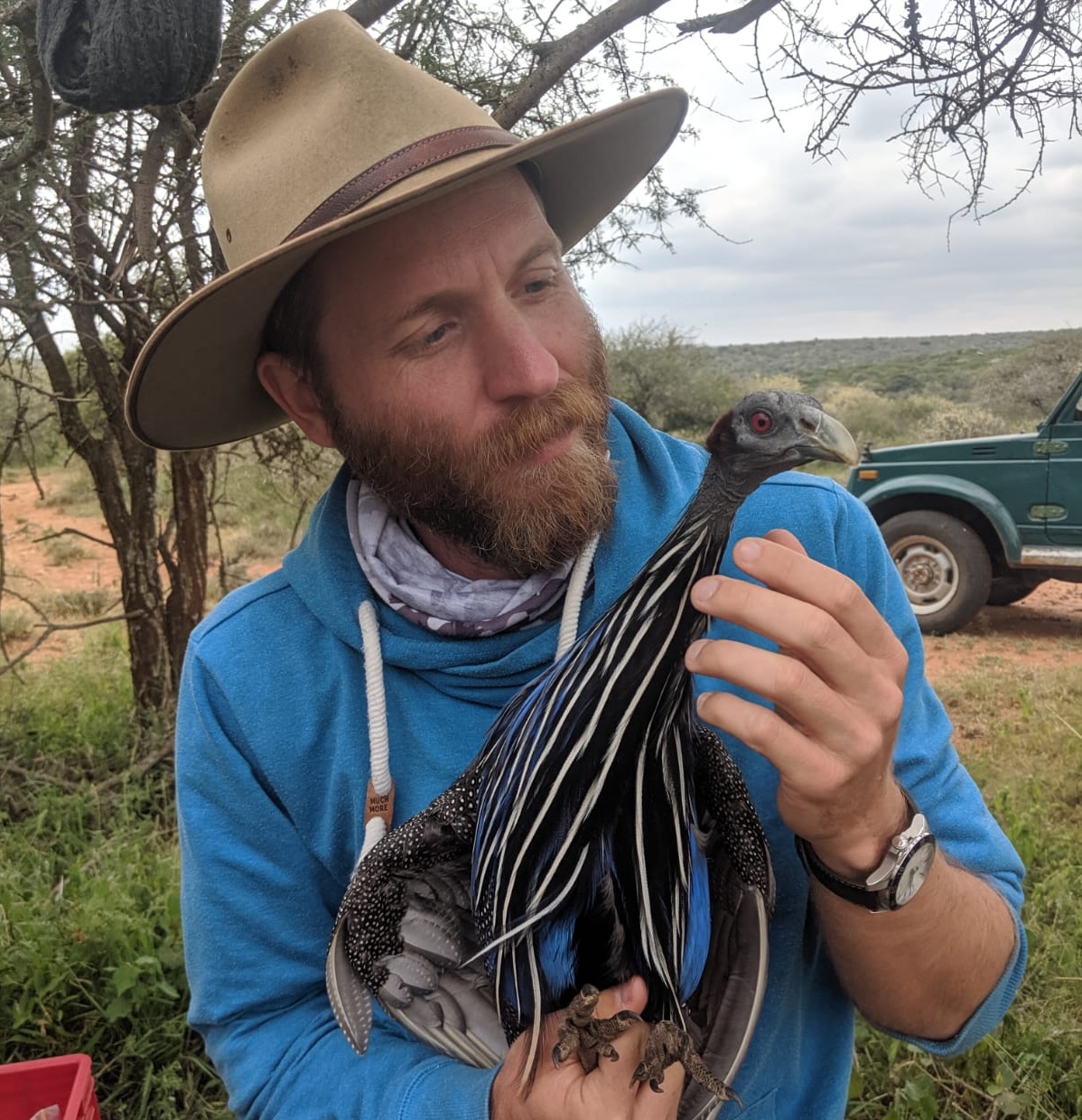
Damien Farine
damien[dot]farine[at]anu[dot]edu[dot]au
Damien is a behavioural ecologist and computational biologist with a deep interest in the social behaviour of animals. His research combines running long-term monitoring projects on animal populations together with using high-resolution tracking of groups of individuals to gain a better understanding of how individuals contribute to their society and the consequences of doing so. He is an Associate Professor at the Australian National University.
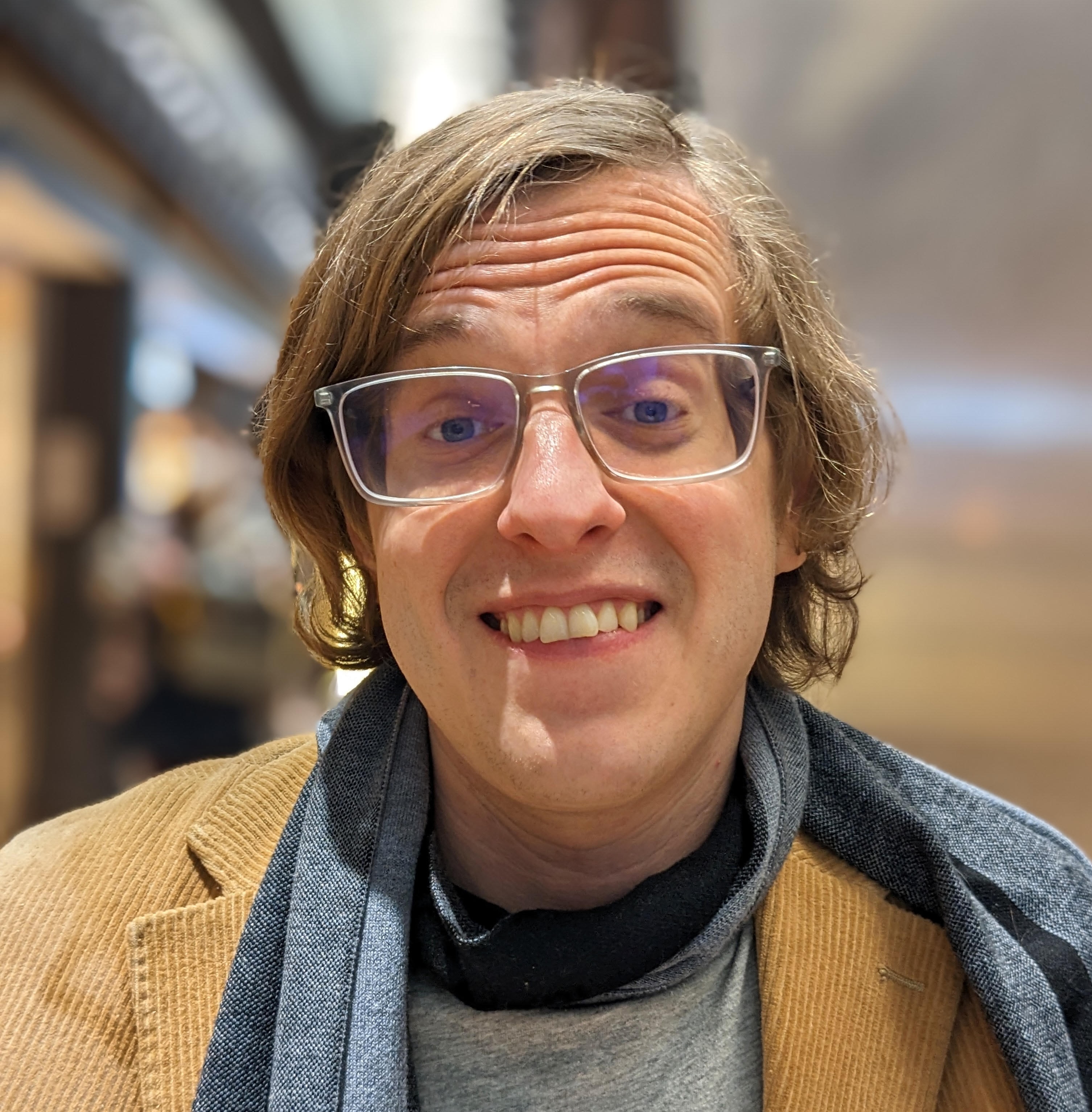
Joseph Austerweil
Joseph Austerweil is a cognitive scientist who builds computational models of human thought and behavior. His research explores how people learn, retrieve, teach, and create knowledge—often combining insights from psychology, neuroscience, and machine learning. Currently based at UW-Madison, he will be moving to Chiba Tech on June 1st.

Lio Wong
wong.lionel.mail[at]gmail[dot]com
Lio is a computational cognitive scientist and writer with a deep interest in language – how we relate words and sentences to our broader cognitive abilities and beliefs, and how we learn new concepts and theories from language over a lifetime. Their research seeks to answer these questions by combining theory-driven cognitive experiments with formal computational tools, including structured probabilistic models of cognition, program synthesis, and data-driven machine learning methods. Lio is currently a Stanford Human-Centered Artificial Intelligence Fellow working with the Cognitive Tools Lab, and completed their PhD in Brain and Cognitive Sciences at MIT.

Lucy Aplin
Dr Lucy Aplin is an associate professor at the Research School of Biology at the Australian National University, and a SERI professorial fellow at the Department of Evolutionary Biology and Environmental Sciences at the University of Zurich. Her research aims to understand how innovations rise and spread through animal societies to form new cultural traits. Her research group - the cognitive ecology lab - studies these processes using a combination of captive and wild experiments with large-scale data collection, including with citizen science and automated tracking. This work has demonstrated how new behaviours can spread through social networks in birds to establish as multi-generational cultural traditions that are shaped by social dynamics such as turnover, and is revealing how cultural traits in animals can be source of behavioural plasticity in changing and modified environments.
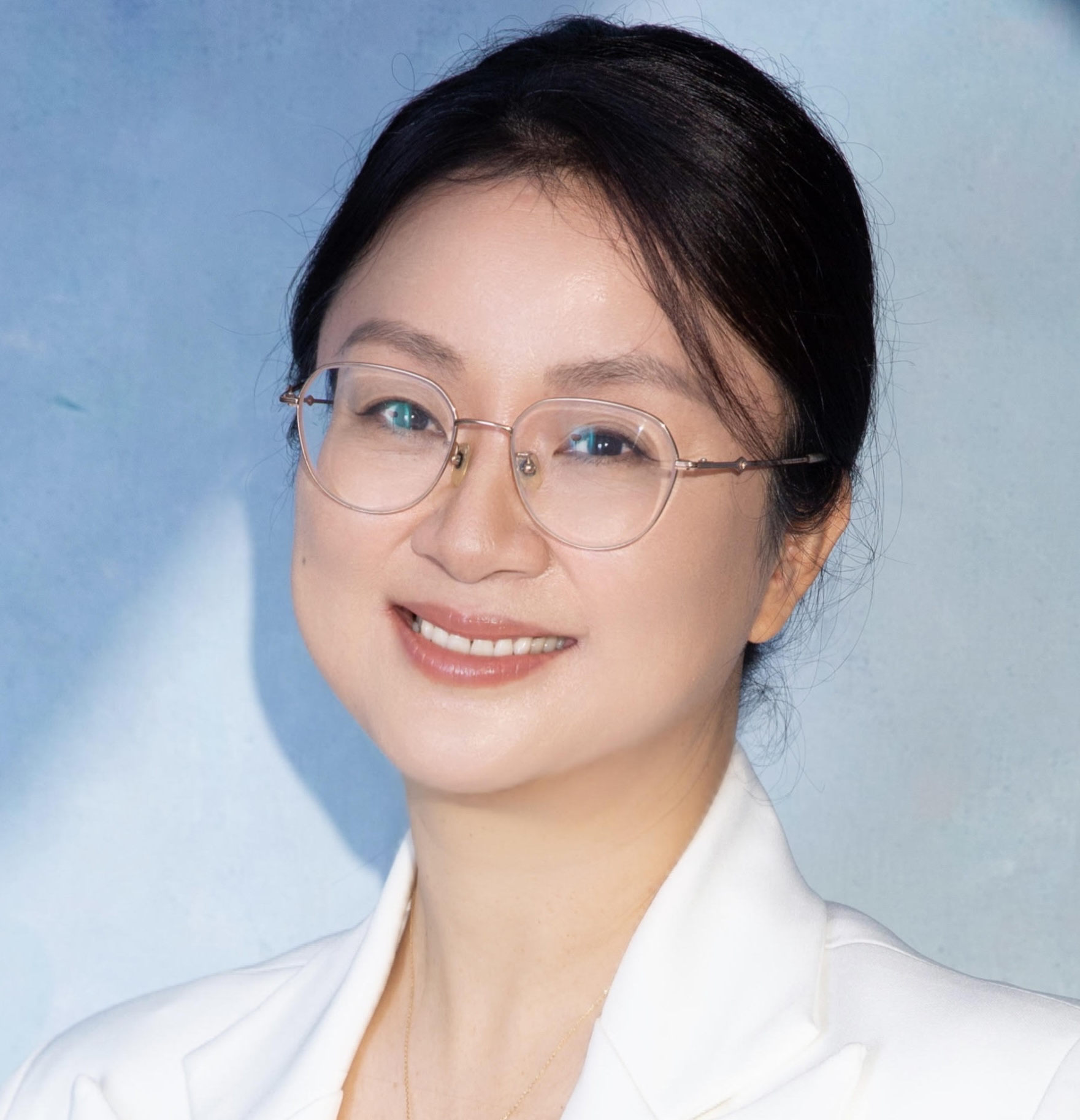
Lusha Zhu
lushazhu[at]pku[dot]edu[dot]cn
Lusha Zhu is a Professor at School of Psychological and Cognitive Sciences, IDG/McGovern Institute for Brain Research, Peking University, China. Her research focuses primarily on the neural and cognitive processes of social decision-making, particularly, how the human brain anticipates actions and intentions of others with value-based goals to produce choices within interpersonal interactions. Incorporating methods from decision neuroscience, game theory, cognitive psychology, and, sometimes, social network analysis and computational linguistics, her work seeks to develop mechanistic understanding about incentives, inferences, and strategies giving rise to complex social behaviors.
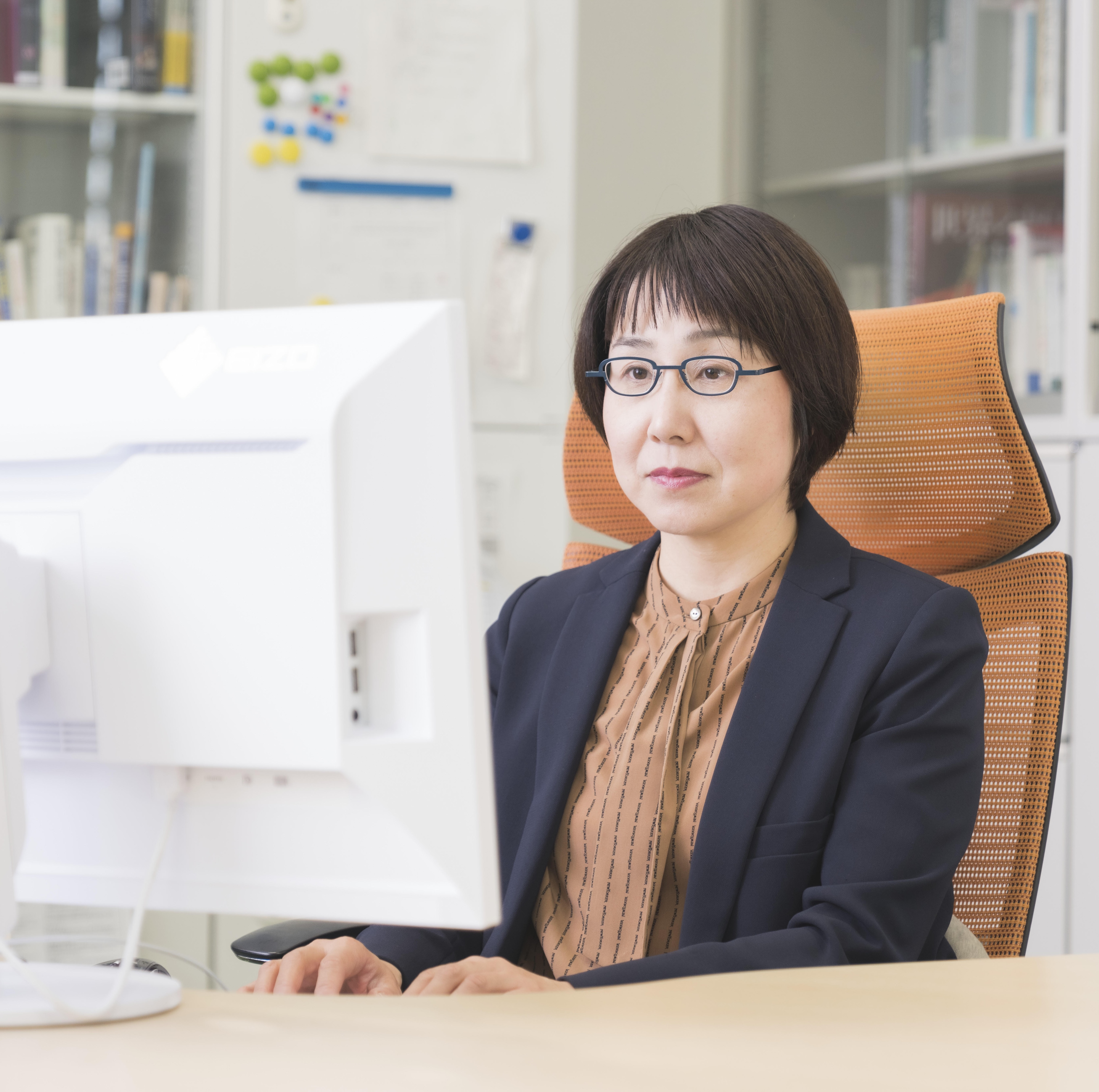
Mayuko Nakamaru
nakamaru.m.aa[at]m[dot]titech[dot]ac[dot]jp
Dr Nakamaru is a professor at School of Environment and Society, Institute of Science Tokyo, Japan. Based on mathematical biology and evolutionary ecology, she has researched society from the viewpoint of the evolution of cooperation by means of evolutionary game theory and agent-based simulations. Now she is applying “the evolution of cooperation” studies to existing mutual aid systems, the abandonment problem of rice fields, supply chain network, and so on. She sometimes goes outsides to observe what the reality is, and does experimental and questionnaire works with collaborators to know how people make decisions. Then, she enjoys making new and general mathematical models following the observation and the result of the empirical works.
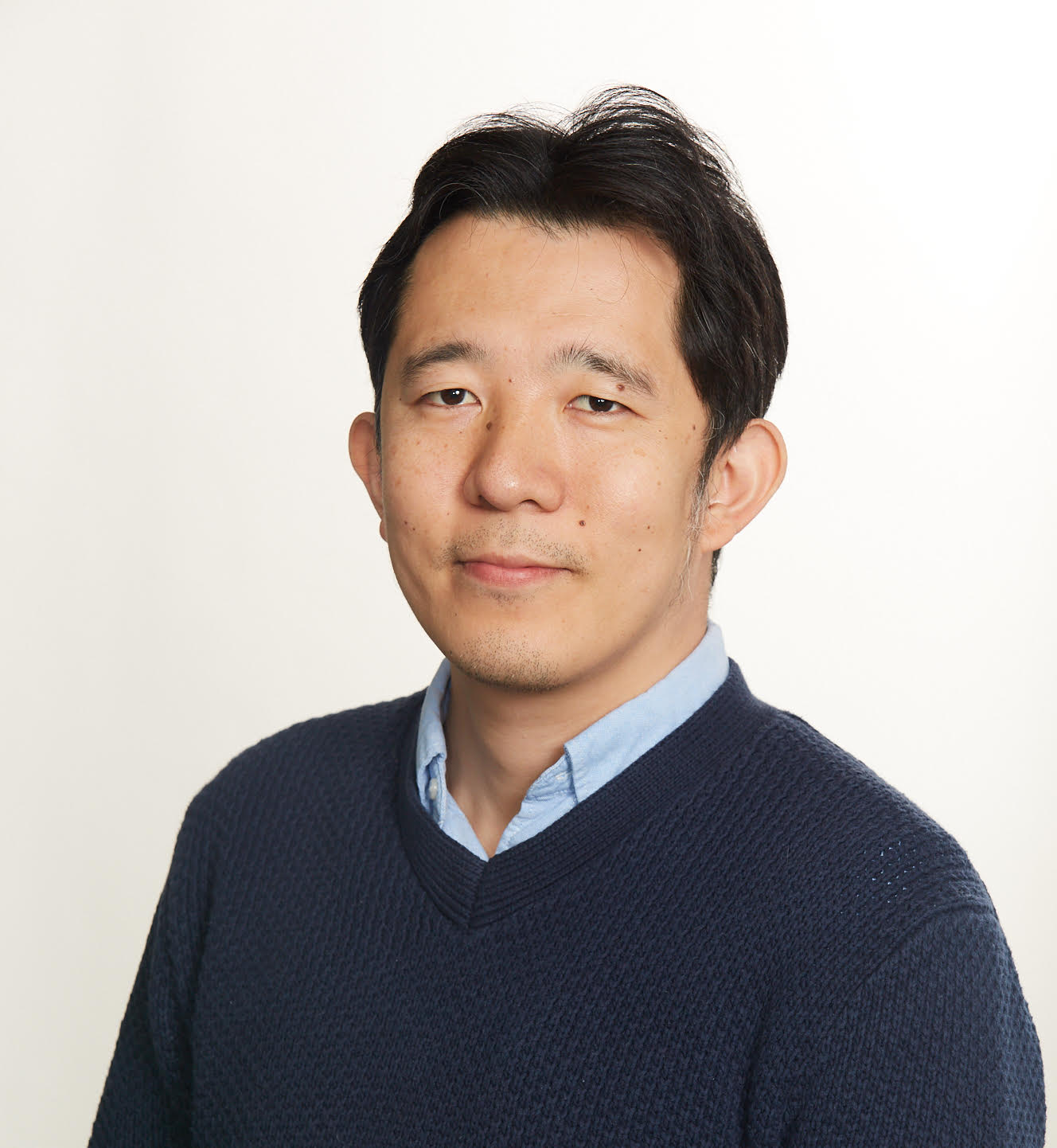
Shinsuke Suzuki
shinsuke[dot]szk[at]gmail[dot]com
Shinsuke Suzuki is a professor in the Faculty of Social Data Science at Hitotsubashi University. His research focuses on uncovering the neural and computational principles of human decision-making. He employs model-based fMRI, integrating functional magnetic resonance imaging with computational modeling. By identifying neural activity associated with specific computations, he aims to elucidate how the brain processes choices and to explore how these insights apply to mental disorders like gambling disorder, obsessive-compulsive disorder, depression, anxiety, and autism.
Teaching Assistants
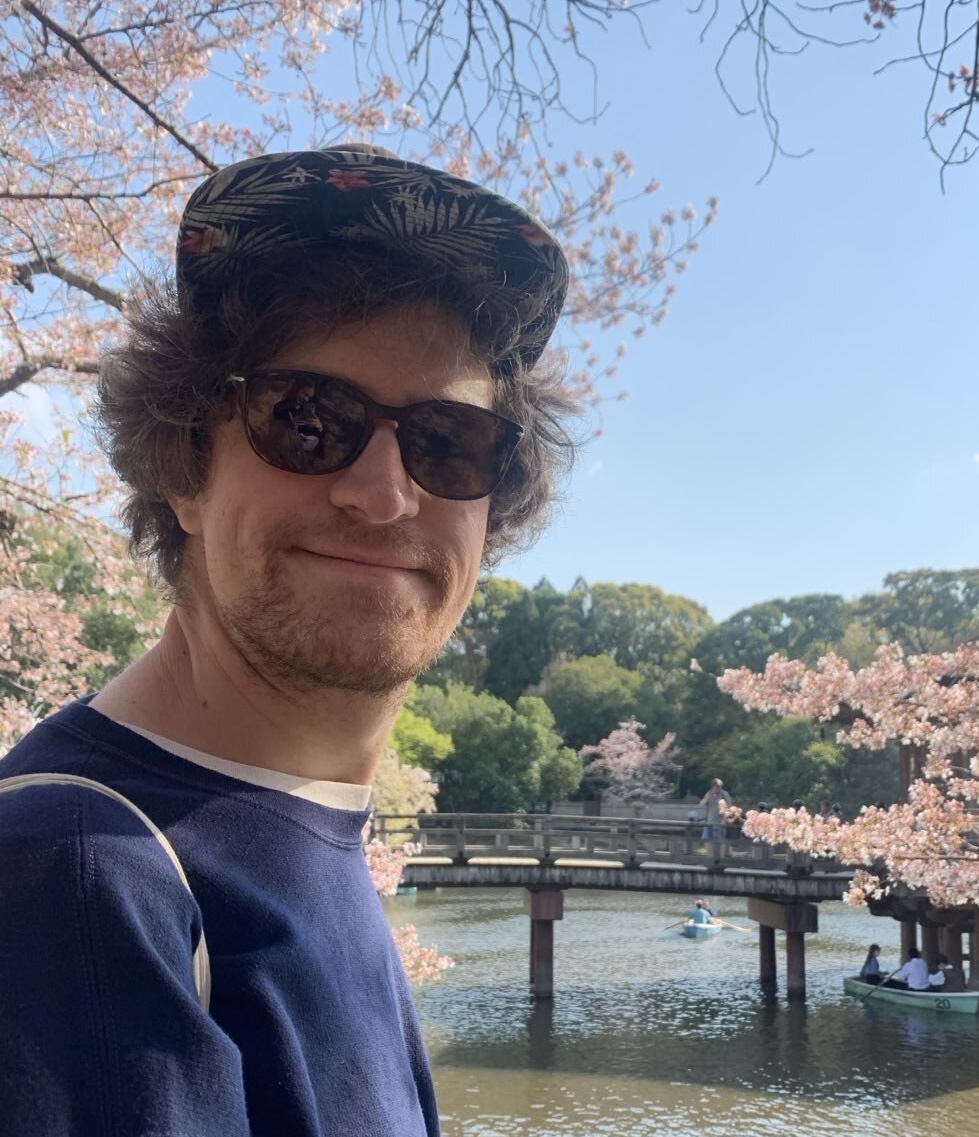
Henri Vandendriessche
henri.vandendriessche[at]riken[dot]jp
Henri Vandendriessche is a post-doctoral researcher at the RIKEN’s Center for Brain Science, in the Computational Group Dynamics (COGNAC) Collaboration Unit. His research lies at the crossroads of affective value-based decision-making, computational psychiatry, and now collective behavior. Using reinforcement learning models applied to humans, he studies decision-making and its biases. He tries to shed light on inter-individual differences and group dynamics in social contexts and more specifically in consensus decision-making.

Kartik Chandra
Kartik is a PhD student at MIT CSAIL, advised by Jonathan Ragan-Kelley and Josh Tenenbaum. His work applies big ideas from the theory of programming languages and computer graphics to study how our minds understand others’ minds.
Previous years
COSMOS 2023
- Keynote: Meg Crofoot (Max Planck Institute of Animal Behavior)
- Alberto Acerbi (University of Trento)
- Anne Kandler (Max Planck Institute for Evolutionary Anthropology)
- Judy Fan (Stanford)
- Julian Jara-Ettinger (Yale)
- Lei Zhang (University of Birmingham)
- Robert Hawkins (Stanford)
- Vivek Hari Sridhar (University of Washington)
COSMOS 2022
- Keynote: Iain Couzin (Max Planck Institute of Animal Behavior)
- Ariana Strandburg-Peshkin (Max Planck Institute of Animal Behavior)
- Stefano Palminteri (ENS Paris)
- Ralf Kurvers (Max Planck Institute for Human Development)
- Natalia Vélez (Princeton)
- Mark Ho (NYU)
- Elena Miu (Aarhus University)